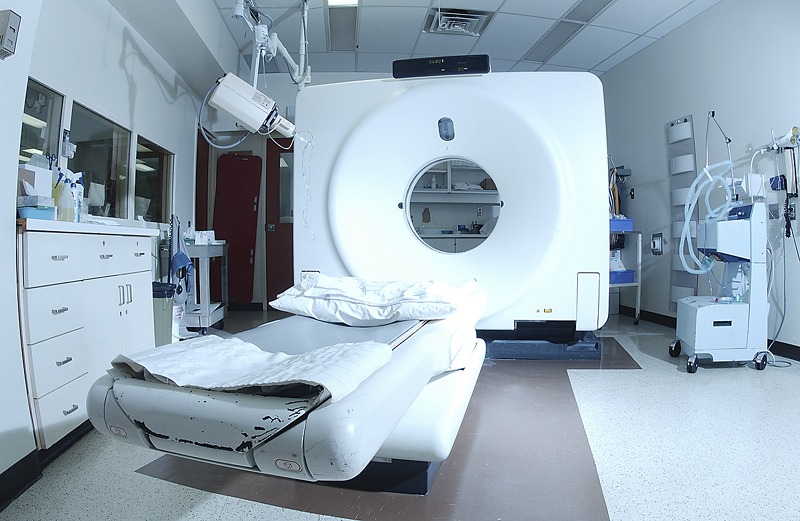
MONDAY, Nov. 12 (HealthDay News) — Girls who are born into families with high levels of stress are more likely to suffer from anxiety and disruptions in brain function as teenagers, new research suggests.
In addition, the researchers found that female babies who lived with stressed mothers had higher levels of a stress hormone known as cortisol as preschoolers. And the girls with those higher cortisol levels were more likely to have less effective wiring in their brains between areas that regulate emotion.
Males, however, didn’t seem to be affected by these issues, the study authors noted in the report, which was published in the Nov. 4 issue of the journal Nature Neuroscience.
The researchers looked at nearly 600 children and their families who were enrolled in the Wisconsin Study of Families and Work in 1990 and 1991. Some of those children (now aged 21 and 22) continue to take part in the study.
The current findings are based on MRI brain scans of 57 participants — 28 females and 29 males.
“We wanted to understand how stress early in life impacts patterns of brain development, which might lead to anxiety and depression,” the study’s first author, Cory Burghy, of the Waisman Laboratory for Brain Imaging and Behavior at the University of Wisconsin, Madison, said in a university news release.
“Young girls who, as preschoolers, had heightened cortisol levels, go on to show lower brain connectivity in important neural pathways for emotion regulation — and that predicts symptoms of anxiety during adolescence,” Burghy added.
Another expert, Richard Davidson, professor of psychology and psychiatry and a director at the Waisman Lab, explained the importance of this research.
“Merging field research and home observation with the latest laboratory measures really makes this study novel,” Davidson said in the news release. “This will pave the way to better understanding of how the brain develops, and could give us insight into ways to intervene when children are young.”
“Our findings raise questions on how boys and girls differ in the life impact of early stress,” said Davidson, who noted that the disparity is not surprising. “We do know that women report higher levels of mood and anxiety disorders, and these sex-based differences are very pronounced, especially in adolescence.”
Although the study showed an association between being born into a stressed family and developing anxiety as a teen, it did not prove a cause-and-effect relationship.
More information
For more about stress, visit the U.S. National Library of Medicine.

